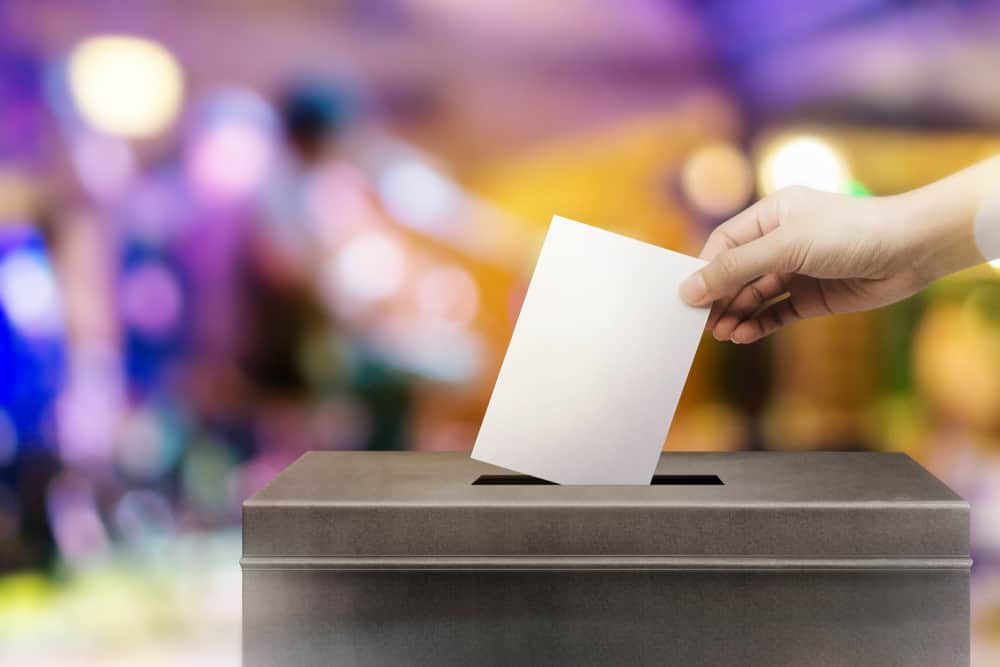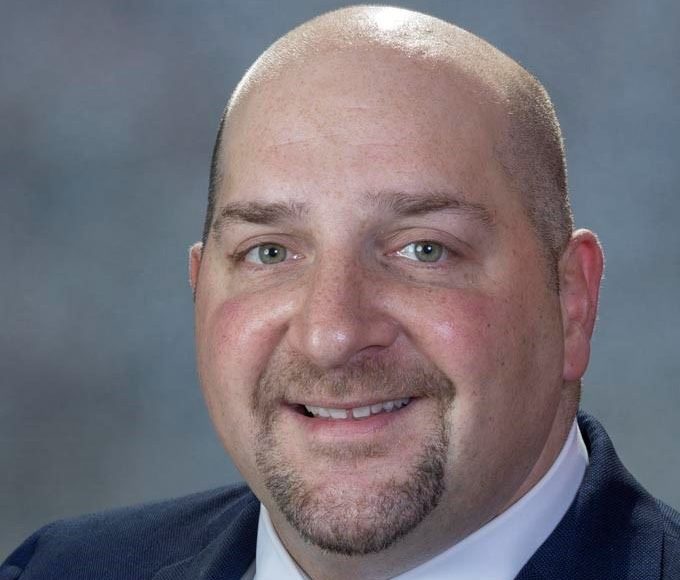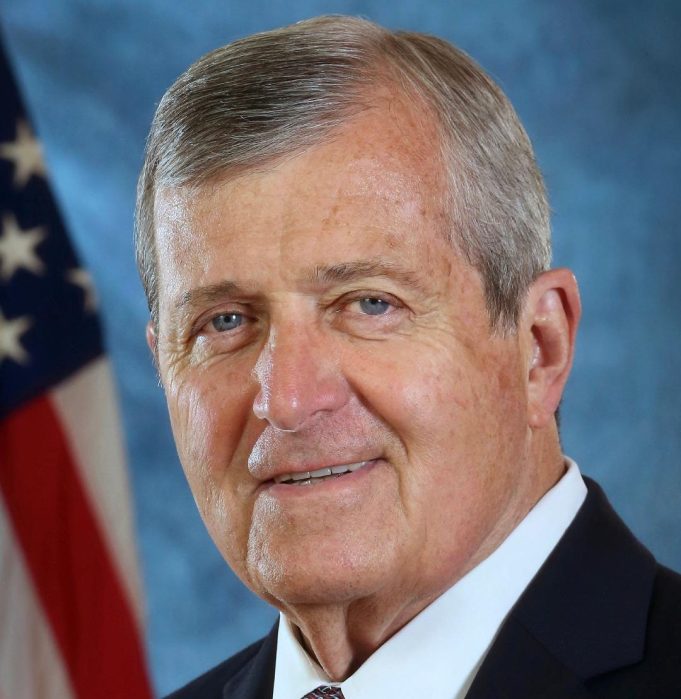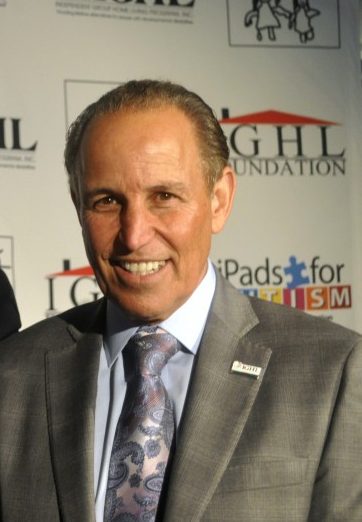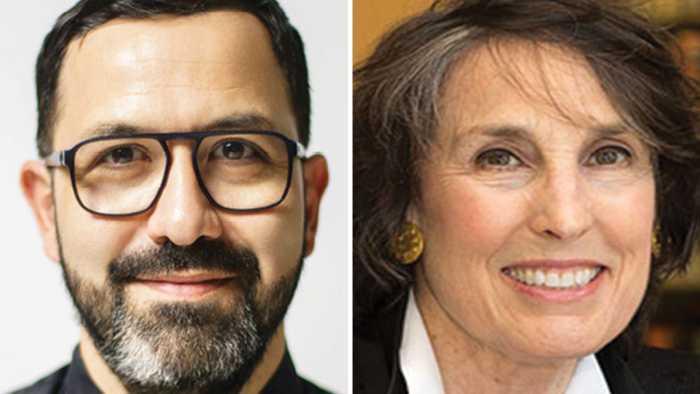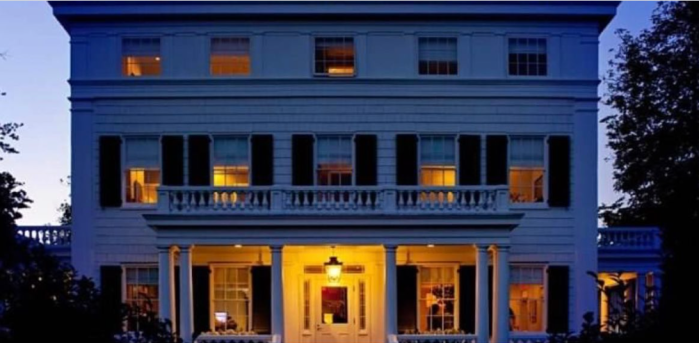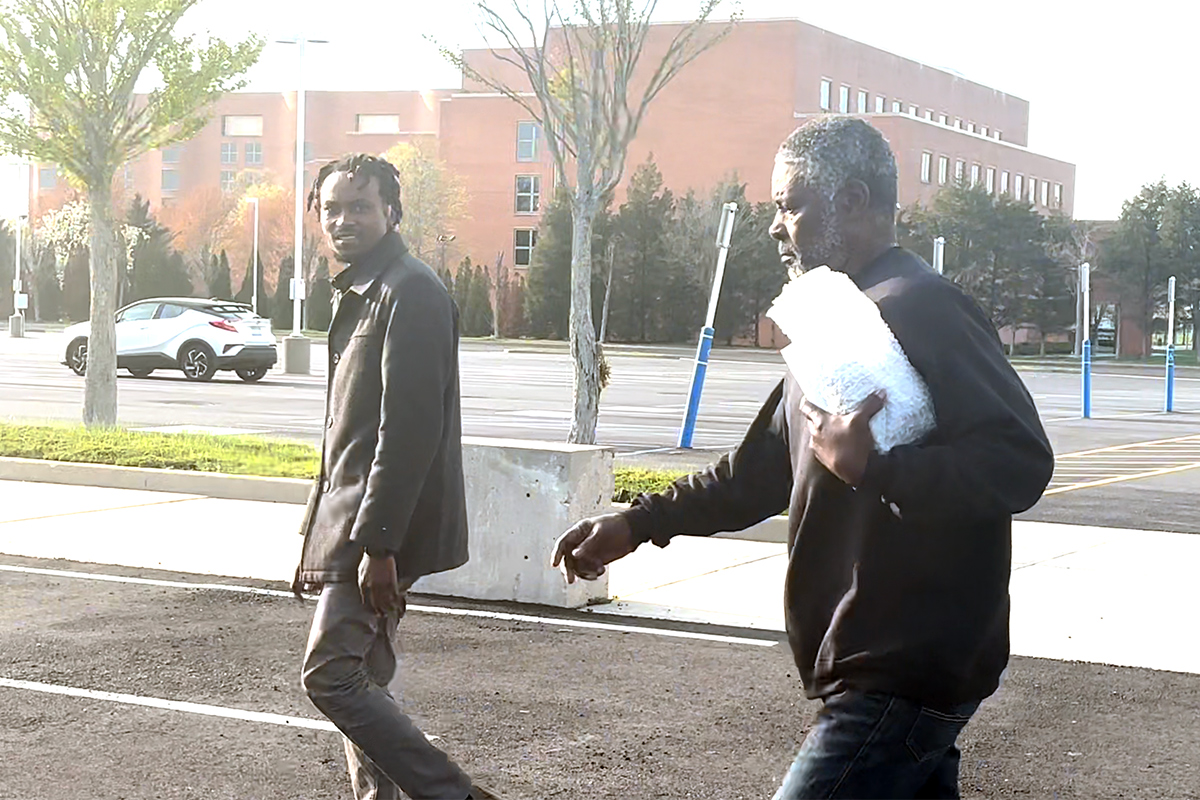Gov. Andrew Cuomo has proposed a New York State election reform bill and it’s about time. But as the old saying goes, the devil’s in the details.
There are many derivatives to this overarching theme. And while the state has some of the most archaic election laws on the books, we have to be careful which reforms will move us forward and which will make matters worse.
There’s no liberal or conservative answer to the problem; rather, it’s a mixed bag of common sense.
YES TO EARLY VOTING
New York is a rare state, restricting voting to just one day. Having early voting stretch out weeks before the election is not only expensive, but it overlooks that so much can change just a week before the election. The best route is to allow for voting on the weekend of election week, in addition to the traditional Tuesday.
NO TO SAME-DAY REGISTRATION
Placing the burden on nonprofessional per diem election inspectors to validate the eligibility for those registering at the same time they are voting is too much to ask. The potential for fraud is just not worth it.
YES TO AUTOMATIC REGISTRATION
What’s wrong with automatically registering American citizens to vote once they become 18, as long as this is limited only to those with valid social security numbers? Yes, it would give an advantage to the Democratic voting bloc, but more voter eligibility is healthy for a democracy.
YES TO EASIER BALLOT ACCESS
New York is notorious for kicking candidates off the ballot for the most minor technicalities. Just last year, a candidate running for the Nassau County Legislature was temporarily thrown off the ballot because his petitions stated he was running for Nassau legislator instead of legislature.
NO TO OPEN PRIMARIES
This is one of the trendiest, yet most problematic, of the proposed reforms. The only people determining who the standardbearer for a party should be are the registered members of that particular party. In 2016, there were numerous instances in open primary states of folks admitting to mischievously voting in the their opposing party’s primaries to support a candidate they perceived would be the weakest.
YES TO VOTER ID
President Donald Trump dramatically overstated the extent of voter fraud. However, the claim by Democrats that fraud is nonexistent may be even more dangerous. Voter fraud is rare, but you don’t need many illegitimate votes to tilt an entire election. Al Franken won his U.S. Senate election by a smaller margin (312) than the number of votes that were suspected as being tainted (at least 393).
When it comes to election reform, it indeed depends on how you define “reform.” Let’s say “yes” to greater ballot access and opportunities to vote, but “no” to any so-called reforms that weaken the integrity of the voting process.




